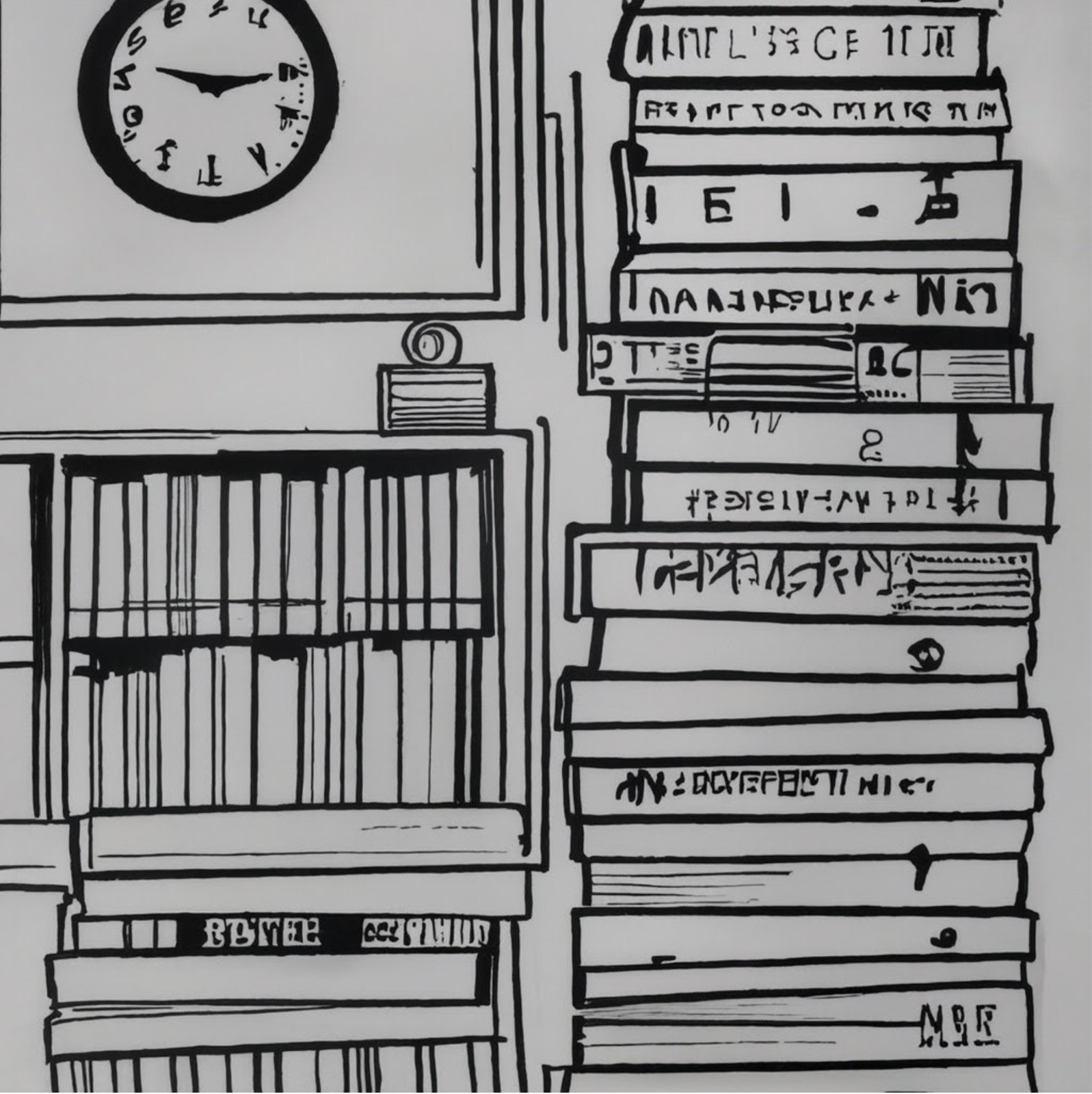Time as a Pedagogical Resource in the Teaching of Natural Sciences at the Primary Education Level: Progressivity, Continuity and Spiralization in the Teaching of Natural Sciences
Main Article Content
Abstract
In this article, we will defend two central ideas. First, that the pedagogical orientation emanating from the Educational Design of Primary Education corresponds epistemologically with the perspective of content spiralization, with special emphasis on the notions of progressivity and continuity of content. Secondly, we will argue in favor of a priority consideration of school time as a pedagogical resource in the framework of spiralized teaching. In this sense, we will discuss the need to discuss the weekly time allotted to the area of natural sciences.
Downloads
Article Details

This work is licensed under a Creative Commons Attribution-NonCommercial-ShareAlike 4.0 International License.
Aquellos autores/as que tengan publicaciones con esta revista, aceptan los términos siguientes:- Los autores/as conservarán sus derechos de autor y garantizarán a la revista el derecho de primera publicación de su obra, el cuál estará simultáneamente sujeto a la Licencia de reconocimiento de Creative Commons que no se permite un uso comercial de la obra original ni de las posibles obras derivadas, la distribución de las cuales se debe hacer con una licencia igual a la que regula la obra original.
- Los autores/as podrán adoptar otros acuerdos de licencia no exclusiva de distribución de la versión de la obra publicada (p. ej.: depositarla en un archivo telemático institucional o publicarla en un volumen monográfico) siempre que se indique la publicación inicial en esta revista.
- Se recomienda a los autores/as difundir su obra a través de Internet (p. ej.: en archivos telemáticos institucionales o en su página web) después del proceso de publicación, lo cual puede producir intercambios interesantes y aumentar las citas de la obra publicada. (Véase El efecto del acceso abierto).
References
Bruner, J.S. y Acción, P. (1984). Lenguaje. Alianza.
Camilloni, A.R., Cols, E., Basabe, L. y Feeney, S. (2007). El saber didáctico. Buenos Aires: Paidós.
Da Silva, T. (1999). Documentos de identidad. São Paulo: Autêntica.
Diseño Curricular de Educacion primaria de la Provincia de Buenos Aires (2018) Disponible en:http://servicios.abc.gov.ar/lainstitucion/organismos/consejogeneral/disenioscurriculares/primaria/2018/dis-curricular-PBA-completo.pdf
Furman, M. (2008). Ciencias naturales en la escuela primaria: colocando las piedras fundamentales del pensamiento científico. IV Foro Lationamericano de Educación, Aprender y Enseñar Ciencias: desafíos, estrategias y oportunidades. Fundación Santillana.
Guilar, M. (2009). Las ideas de Bruner: de la revolución cognitiva a la revolución cultural. Educere, (13)44, 235-241.
Hargreaves, A. (1992). El tiempo y el espacio en el trabajo del profesor. Revista de educación, 298, 31-53.
Harlen, W. (2000). The Teaching of Science in Primary Schools. David Fulton Publishers.
Harlen, W. (Comp.). (2010). Principles and big ideas of science education. Hatfield: Association for Science Education.
Navarro Becerra, N. y Benítez, I. (2019). La pregunta investigable: una propuesta para desarrollar el pensamiento científico en la formación de docentes. EntreVistas. Revista de debates, 11, 1-9.
Osborne J. (2014). Teaching scientific practices: Meeting the challenge of change. Journal of Science Teacher Education, 25(2), 177–196.
Palacios, F.J.P. (1998). La resolución de problemas en la didáctica de las ciencias experimentales. Revista educación y pedagogía, 10(21): 119-143.
Pozo Municio, J. (1987). Aprendizaje de la ciencia y pensamiento causal. Visor.
Rodríguez, M., (2007). El uso del tiempo en la práctica pedagógica de las escuelas adscritas a la Alcaldía Metropolitana. Sapiens. Revista Universitaria de Investigación, 8(2), 83-104.

